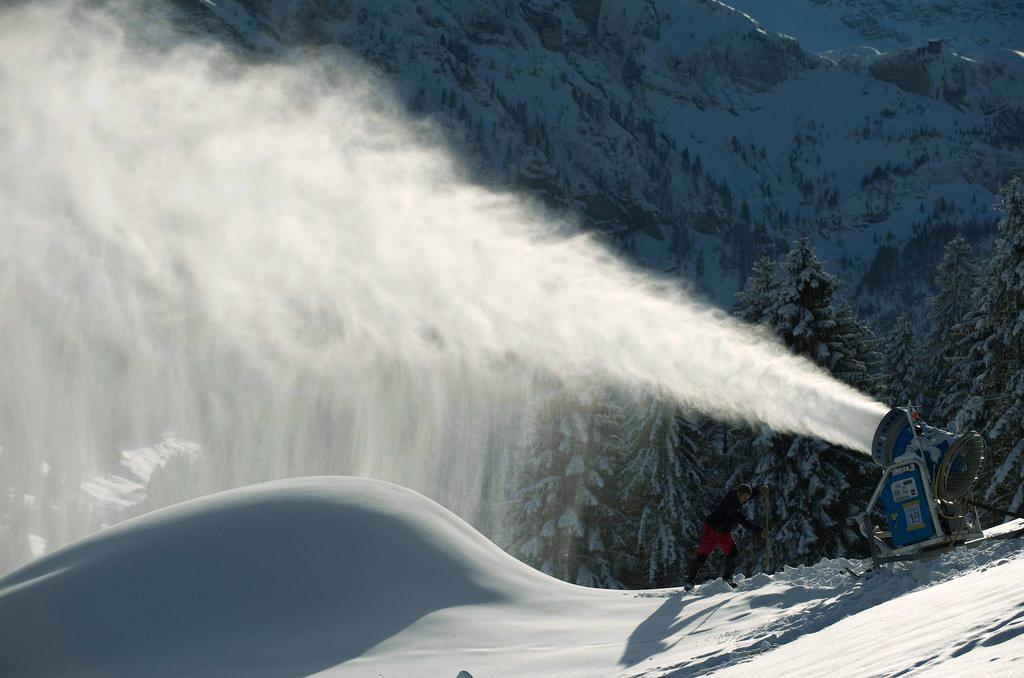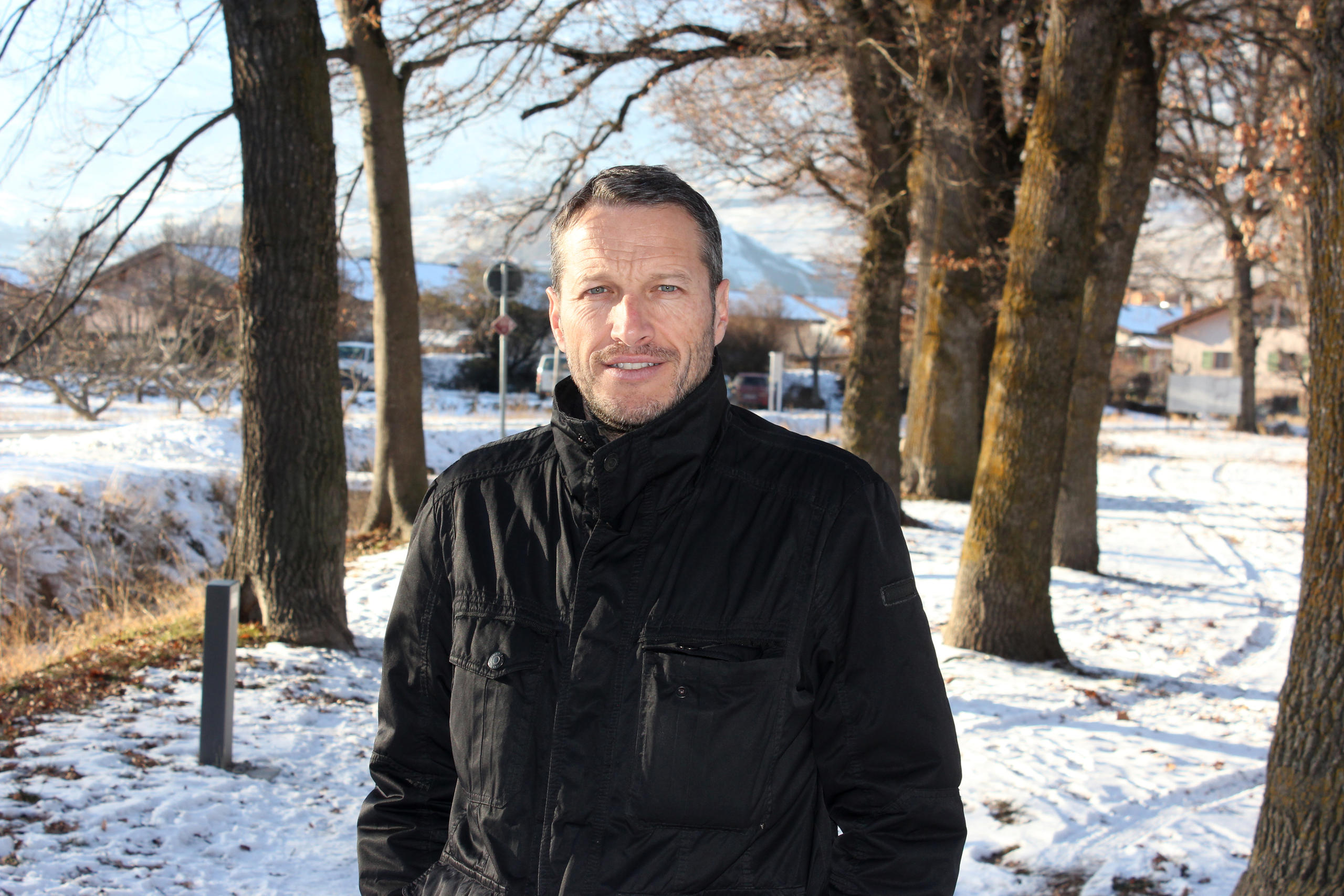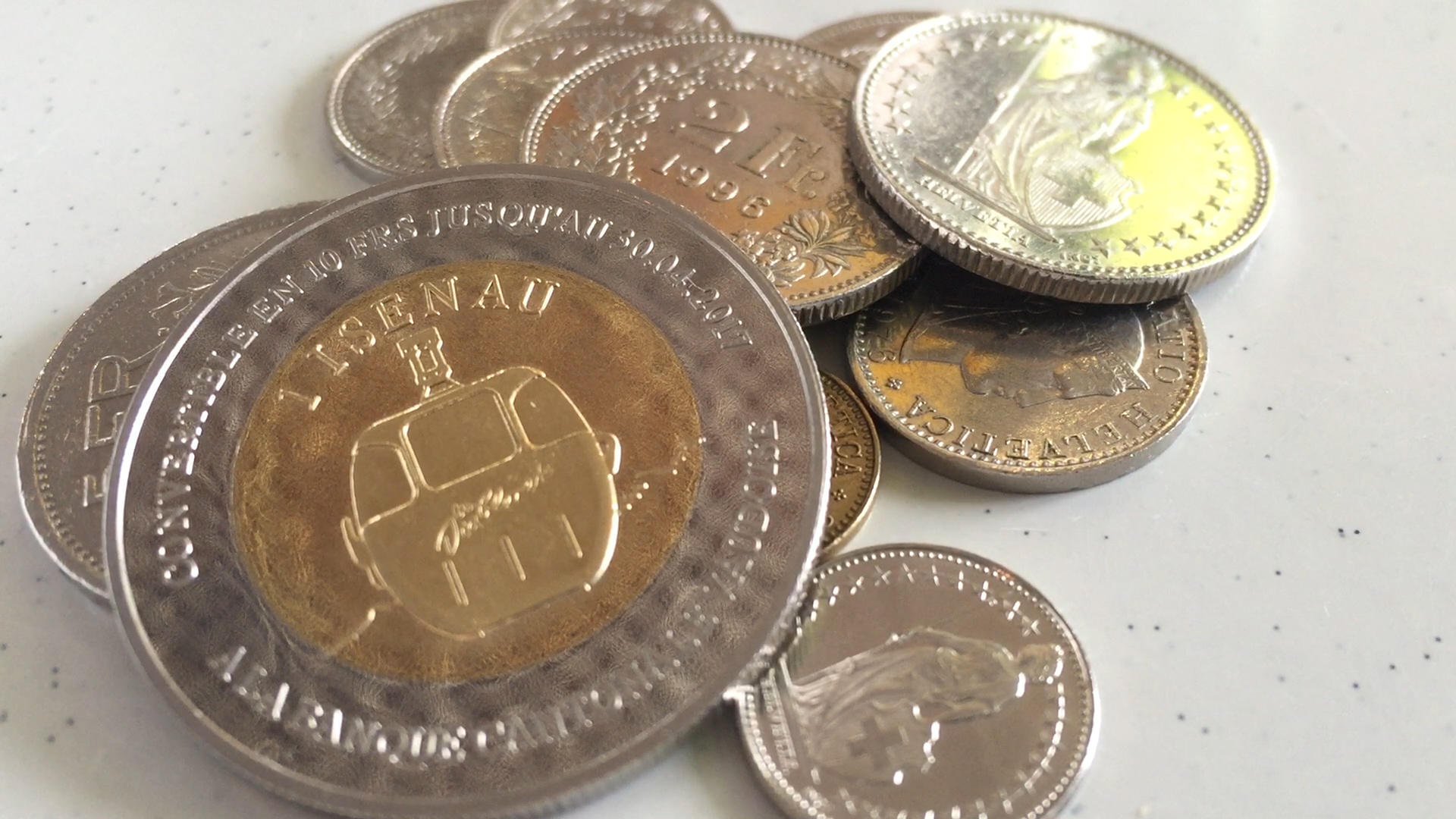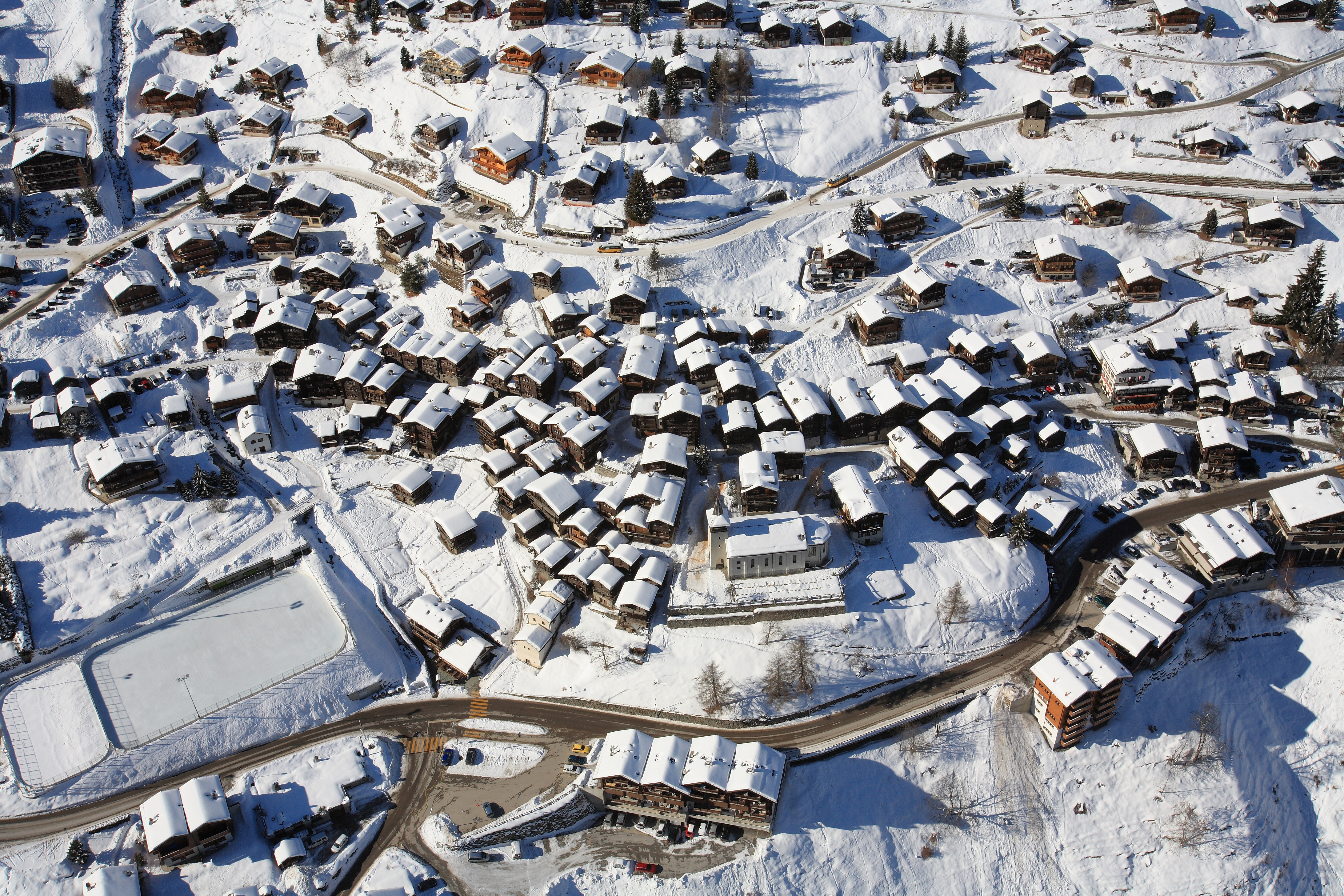What future for winter tourism under global warming?

Skiing is no longer the money-making business it used to be and alpine resorts need to rethink their business model before it is too late, argues Christophe Clivaz, an expert in sustainable tourism at the University of Lausanne.
Two-thirds of the Swiss cable car companies depend on public money for their survival: this is the worrying fact emerging from a studyExternal link carried out by the University of Applied Sciences at Lucerne.
Mild winters punish low and mid-altitude resorts, resulting in an inexorable decline in the number of skiers. To stay competitive, many resorts invest heavily in their ski lifts and artificial snowmaking. It is a strategy rejected by Clivaz, a professor at the Institute of Geography and Sustainability at the University of Lausanne, and co-author of the book “Winter Tourism: Climate Challenge”.

swissinfo.ch: For the third year in a row, low and mid-altitude ski resorts suffered from the lack of snow during the New Year holiday season, which accounts for a large part of their business. Is this a sign of things to come?
Christophe Clivaz: Climate models do show a gap in the arrival of snow at the beginning of the season. This trend will intensify in the future, although weather variations may be very different from year to year. These difficulties add to the rise in the snow-rain limit: since the 1960s, the zero-degree limit has risen by almost 300 metres in the Swiss Alps.
swissinfo.ch: Are Swiss ski resorts ready to face this climate challenge?
C.C.: It depends on the region. In canton Graubünden, there is real reflection on how to adapt tourism to climate change. The authorities clearly foresee directing development potential toward other seasons, especially summer.
In canton Valais, it is very different. In official documents, we are still talking about the growth of winter tourism and increase in market share for skiing, whereas it would already be good news if we did not lose too many customers in the years to come.
swissinfo.ch: The Valais has the distinction of having ski resorts that are among the highest in the Alps (Verbier, Zermatt, and Saas-Fee). Isn’t that a decisively competitive advantage?
C.C.: A positive effect will be felt for the next generation. People who want to continue skiing will go to high altitude areas. But the problem of global warming will eventually catch up with these ski areas. With the closure of small ski resorts in the pre-Alps or Jura, children will have fewer chances to learn to ski close to home and the pool of potential new skiers will diminish.
In addition, the massive investments needed to artificially make snow for the ski runs will only raise ski lift prices further. Many people have already abandoned skiing for financial reasons. In the future, the sport will only attract the wealthy.
swissinfo.ch: Most cable car companies continue to invest heavily in their infrastructure. Is that reasonable?
C.C.: No, we are witnessing a kind of dangerous arms race, hurtling forward into the future without enough thought. Even without climate change, some ski resorts are not going to make it. The number of skier days has fallen by almost 20% in ten years and there is no sign of the trend ever letting up.
In Switzerland, very few ski areas are profitable in the strictest economic sense of the term. They need help turning that around and cannot afford to set aside money to make investments. A good part of the ski industry is subsidised by the local public and, therefore, by the taxpayers.
swissinfo.ch: Do ski lift companies really have a choice if they do not want to be left behind by the Austrian, Italian or French competition?
C.C.: It certainly makes sense for a ski area to invest in adaptation measures to climate change, which essentially means artificial snowmaking. But if everyone does it, even though the ski market is declining, there will not be enough customers for everyone. On the contrary, we should focus public subsidies on certain ski areas and help other resorts divest themselves to find alternatives to skiing.
swissinfo.ch: Why aren’t people doing this?
C.C.: The obstacles are mainly in people’s heads. Many tourism proponents and elected officials continue to maintain a sort of mythical and sentimental relationship toward ski stations. In the 1950s to 1960s, just after the end of the era when the large hydropower dams were built, indeed the ski boom helped to maintain and significantly expand the economic activities in the Alpine valleys and to avoid a massive exodus from the rural areas.
swissinfo.ch: Today, is there really an alternative to skiing possible of generating sufficient resources for mountain populations to make a living?
C.C.: There isn’t any one activity that single-handedly generates the same income as skiing. But by working on a wide range of diversified alternatives, we can do it. For example, mountain biking and hiking have enormous potential for development in Switzerland. Of course, they do not generate the same turnover as skiing, but the basic investment is also much lower. As for global warming, it also represents an opportunity for summer tourism in the Alps, which will become a much-appreciated calm and cool oasis.
swissinfo.ch: But can we develop summer tourism in Switzerland without the Alps resembling a huge amusement park?
C.C.: The ski areas are, in fact, already amusement parks. In summer, the landscape is often damaged and strewn with unsightly installations – pylons from lifts, poles for artificial snow, pools of water accumulation, etc. It is exactly in these places that one can propose activities that are “fun” for tourists: paths through the forests, big wheel scooters, mountain biking, fixed-cable (via ferrata) climbing routes, etc.
Some stations in the pre-Alps, such as Monte Tamaro in Ticino or Moléson in canton Fribourg, have successfully navigated this turnaround. This is proof that the end of the ski areas does not necessarily mean the death of the resorts.
Translated from French by John Heilprin

In compliance with the JTI standards
More: SWI swissinfo.ch certified by the Journalism Trust Initiative











You can find an overview of ongoing debates with our journalists here . Please join us!
If you want to start a conversation about a topic raised in this article or want to report factual errors, email us at english@swissinfo.ch.